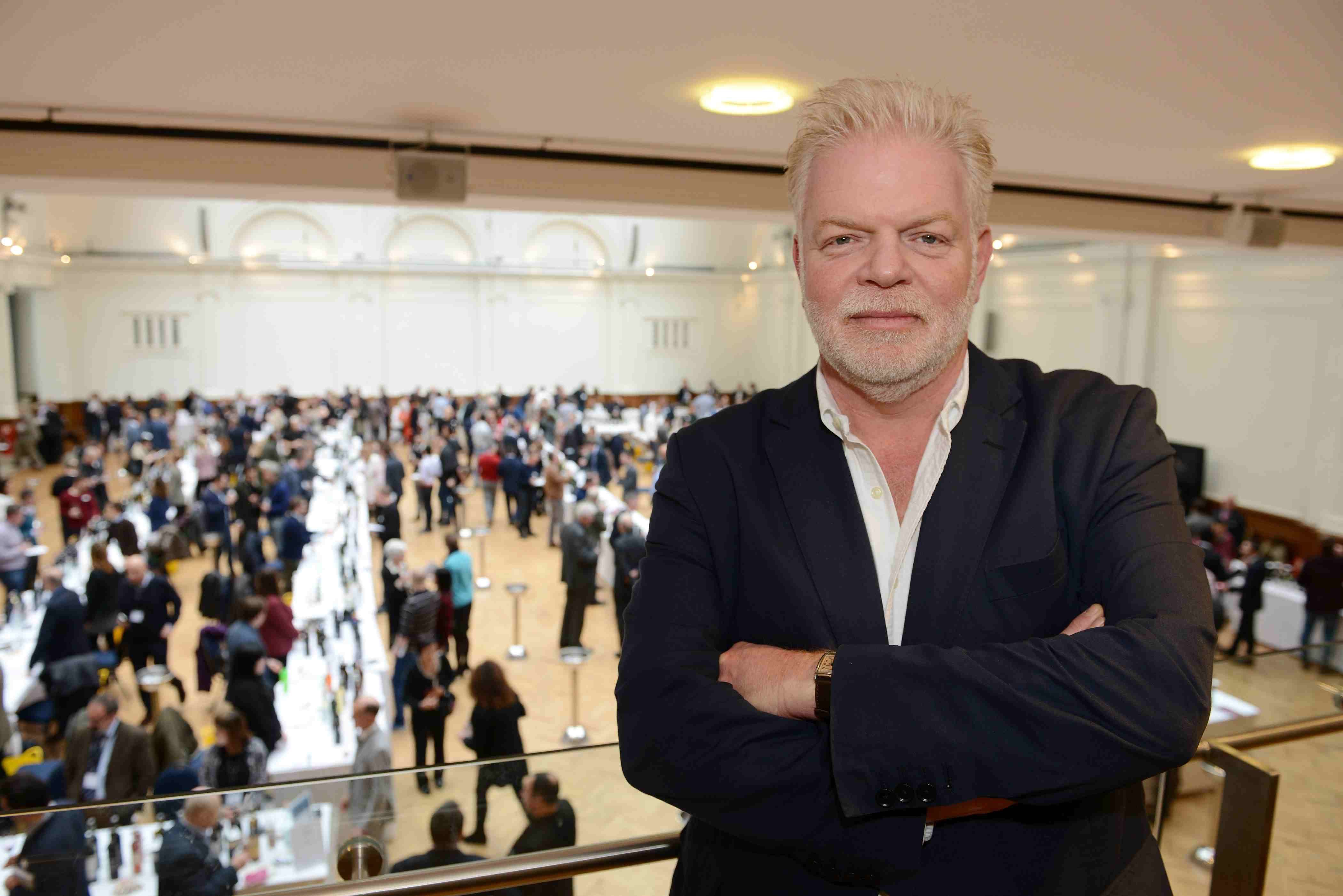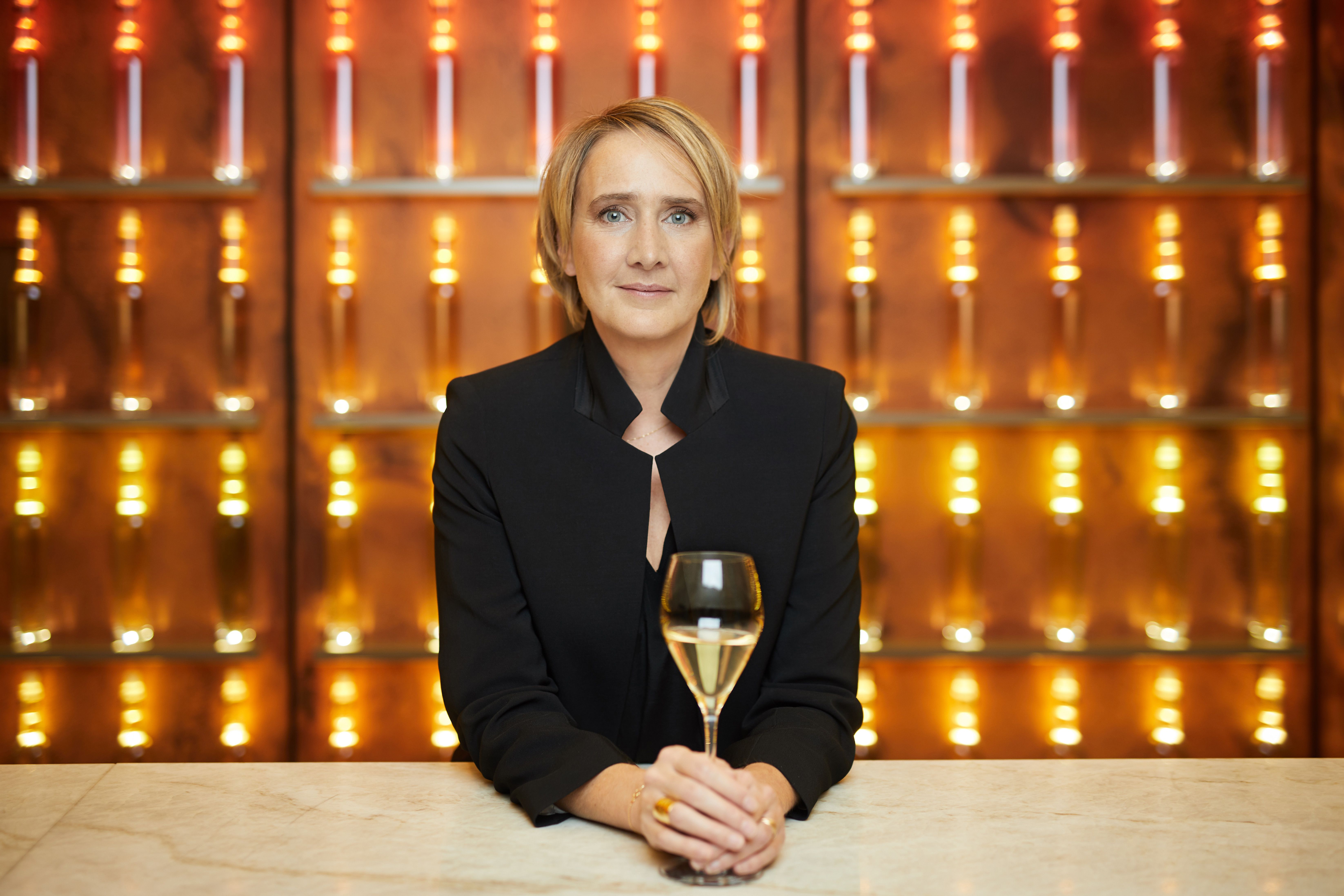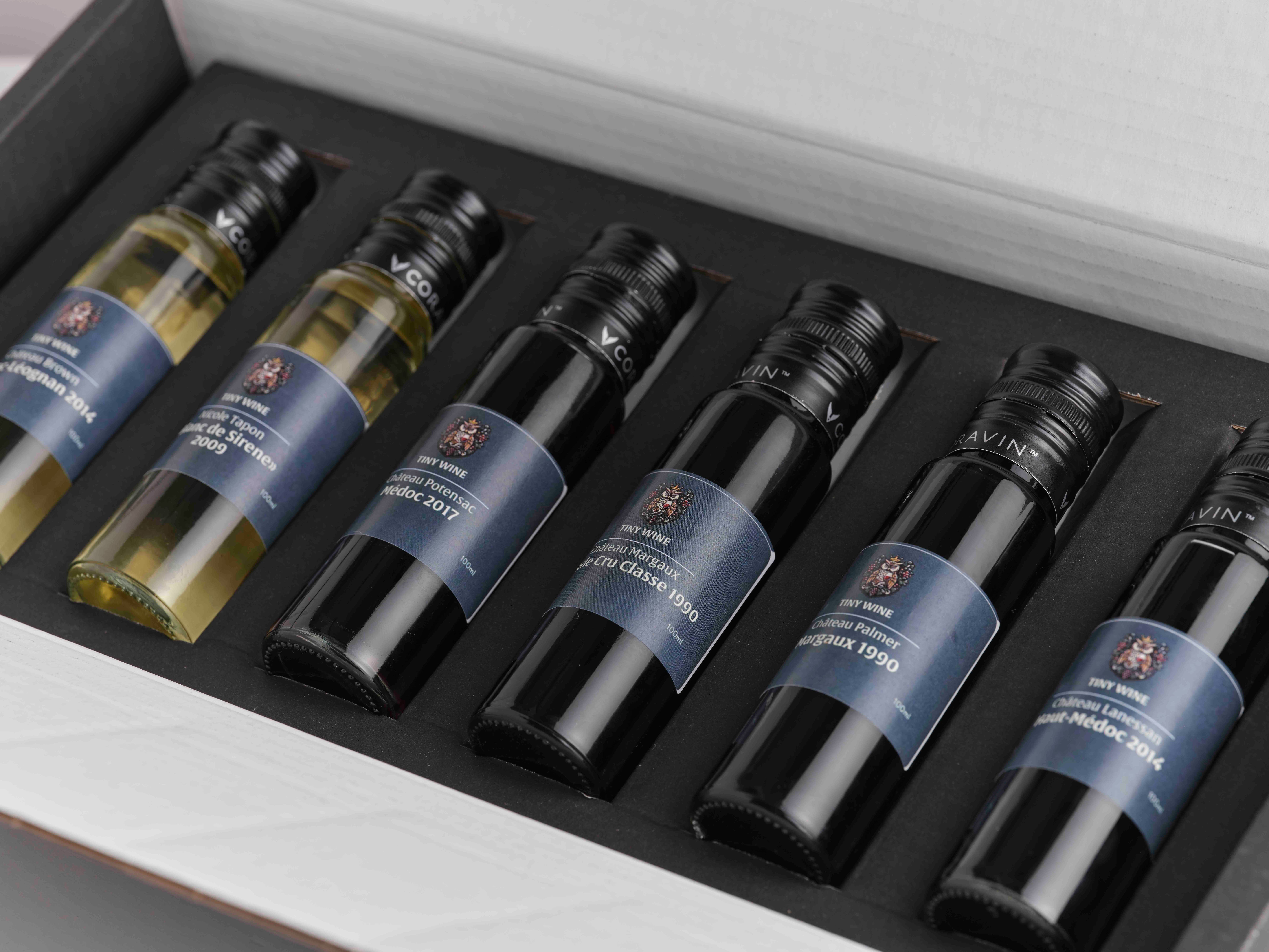Andrew Bewes says it is vital in the super competitive wine distribution market to be as competitive as you can, which is why Hallgarten & Novum wines is working with its parent Germany company to bottle more of its global supply of wine in Europe…and when it comes to Brexit, it’s all about having the right amount of wine in the right place at the right time.
We often here about the work that famous actors and celebrities do for charity – but they don’t want to talk about it.
Parts of the wine industry have a similar approach to when they operate with bulk wine. They do a lot of work with it, but just don’t like talking about. For some reason the notion of moving tankers around the world full of flexi-tanks and containers of wine is somehow, for some, still something they want to keep under wraps.
Not anymore. More wine specialist businesses are having to be far more flexible in how they operate and bring wine to the market. Yes, the vast majority of their wine will be bottled at source and shipped to be held in bond until whichever end customer needs it.
But if they want to operate at the volume end of the market and also have a reputation for being a good quality suppler of volume and commercial wines, as well as their more established premium offer, then increasingly they are having to go down the bulk and bottled in market route too.
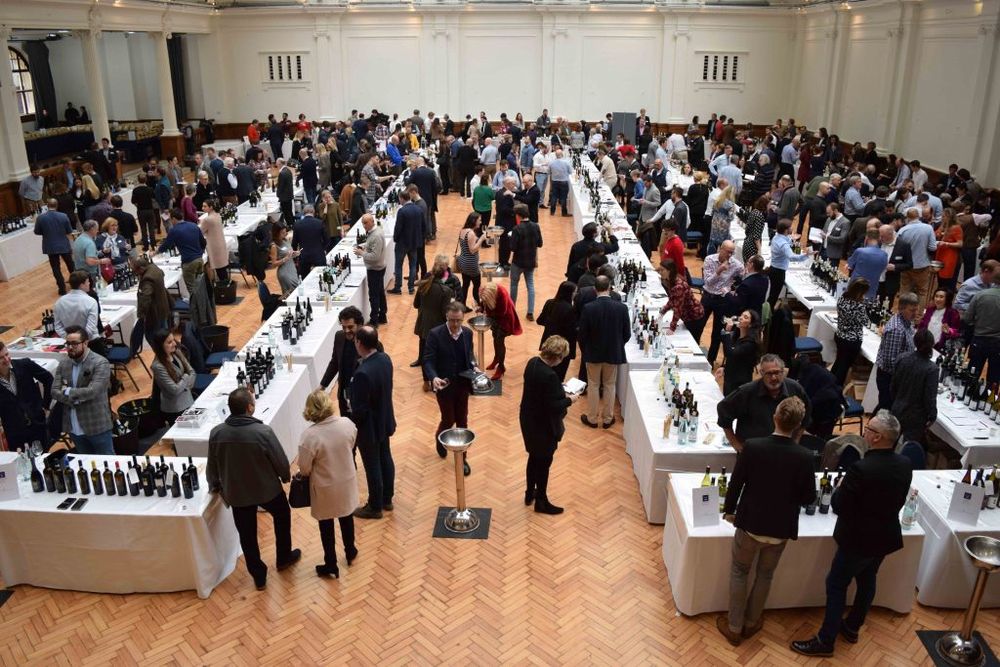
Many of the commercial and house wines at a Hallgarten Novum tasting will have been bottled at its parent company’s facilities in Germany
Like Hallgarten & Novum Wines, which the majority of its customers in the UK will know as one of the leading national wine specialist distributors. But it too is having to look at the options of bottling closer to market and scratching just those extra layers of costs off their supply chain to make their wines just that more commercially viable at all points on a wine list.
It now runs an ever expanding international division, headed up by Steve Gerrard, that is not only sourcing wine for the volume end of the on-trade in the UK, but also for a growing list of countries around the world.
“It’s something we have done a little bit before, but now new have taken it one step further,” said Andrew Bewes, managing director of Hallgarten Novum Wines.
The distributor is now sourcing wines and developing wines and brands for customers in 16 countries from as far as Canada on one side of the world and the Far East on the other.
“It’s growing massively, but from a small scale,” he stressed.
Hallgarten has the advantage of being able to take advantage of bottling plants in Germany owned by its German owners, Pieroth. The sales, and brains of the operation might be in the UK, the bottling and supply chain logistics takes place in Germany. “It means the business is managed from the UK, but it all is run through euros,” added Bewes.
Competitive edge
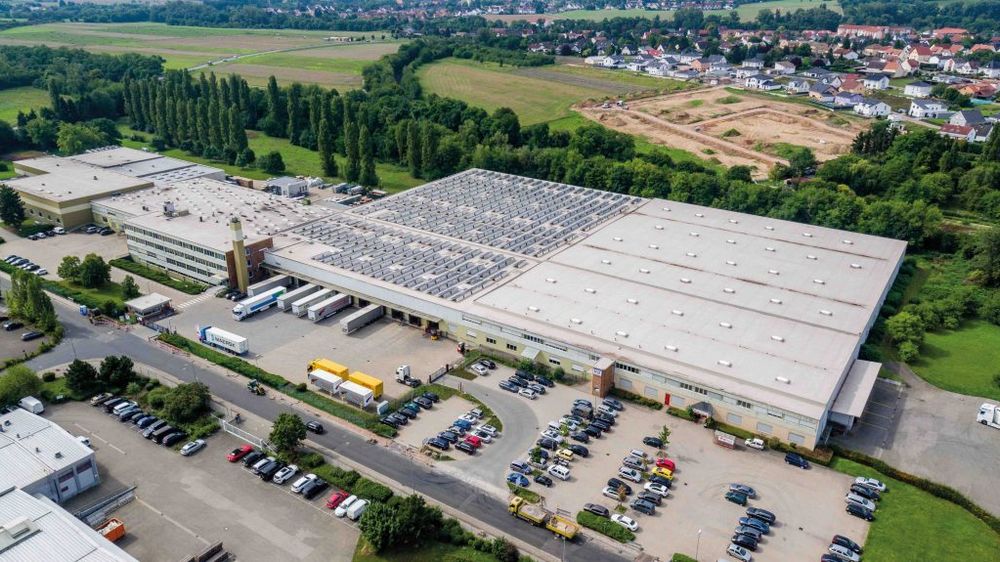
Hallgarten is able to use the bottling facilities of its German owners, Pieroth
What it does do, said Bewes, is allow Hallgarten to potentially get a competitive edge in the vital house wine sector of the market, which then allows it the traction and the opportunity to work with those customers on their more premium wines in their range.
“It also allows us to find consistent quality entry levels wines that we are happy to put our names to,” he added. By bottling the wines itself it means they can also work with multiple labels from one container of winer.
Steve Daniel, the highly respected buyer, is also part of the Hallgarten Novum international team helping to source and blend wines with producers across the world.
Bewes said that sometimes the wines are sourced from a producers on a one off basis, but it is often part of the work they are already doing with their propriety producers and other areas of their range.
“If you are selling the cream then you have to have the bread and butter as well. Our entry level wines are massively relevant to a lot of our customers in the UK. They are the wines we can offer them that are below £25 on a list which are so important to them,” he added. “Getting those wines right is crucial.”
Planning for Brexit
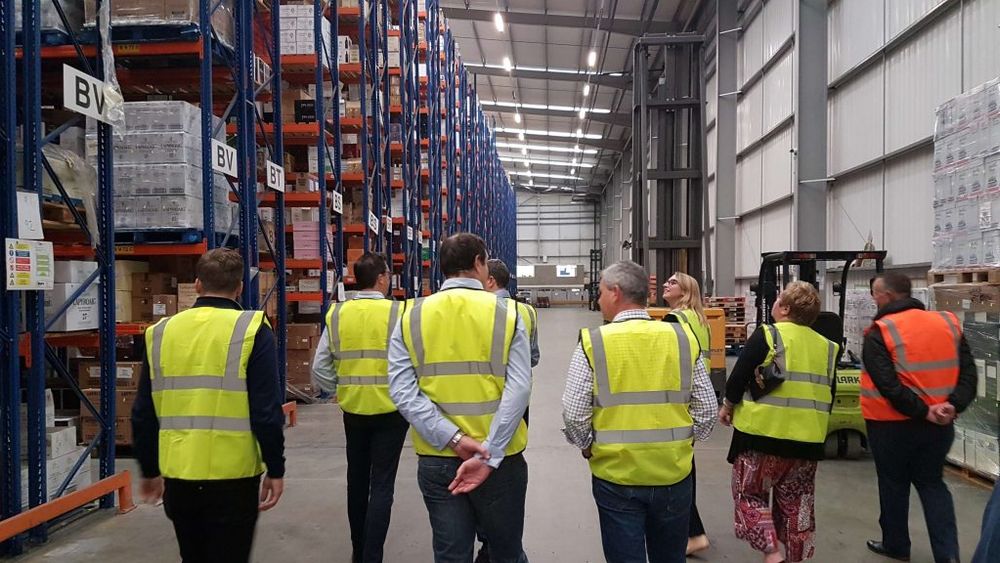
Hallgarten will be building up £1m worth of stocks in the UK to prepare for the Brexit transition in March 2019
Bewes said it was having to make decisions now about what it is likely to happen after March 29, 2019 and the UK’s formal exit from the European Union. Regardless of what deal is struck or not with the EU, it is up to businesses the scale of Hallgarten, that relies for so much of its wine from Europe, to act now to prepare for both the best and the worst case scenarios.
That means building up stocks of wine to take the company through the first four to eight weeks post March 28. “That will give us the flexibility in stocks to see us through that period,” said Bewes. “You have to plan for the worst and that is not having any stock to sell.”
He believes the business will need to have at least £1m of additional stock in the UK to cope with any initial Brexit fallout. It just can’t afford to have wine caught or stuck in any log jam that might occur post Brexit.
“It has been tough enough already not knowing how to plan for Brexit as we don’t know what we are dealing with,” he said. “What we do know is the first six months of 2019 is going to be a massive challenge. It’s up to us to make sure that there is as little impact as possible on our customers.”
The UK is also faced with what will be the double whammy of duty rises on February 1, followed by the unknown circumstances of Brexit in late March, early April. This will be the first year that the UK wine, retail and on-trade sectors have had to cope with duty increases coming in during February now that the Budget has been moved to late October.
In the past the spring Budget saw duty rises come in April, which in turn is when the sector all printed up new wine lists and introduced both at the same time. Now you have a situation where most wine companies are currently still working to the same model, planning on hosting mass tastings in January to prepare buyers of new wines that will be in their new list come April.
But if customers are then faced with seeing price rises come in February, on the back of the duty rise, what then happens to the new wine lists in April?
Then there is the added confusion and the unknown factor over what will happen to UK import tariffs in any Brexit deal and the risk that prices might have to be put up again, lists re-done, in the first few months after March 29.
“We will have to make a call on FX,” said Bewes. “There is always FX uncertainty but for the first half of 2019 this will be exacerbated by Brexit. It could weaken or strengthen considerably.”
It hopes to be in a position where it can hold prices for the first six months of 2019 until the end of July, but that, stressed Bewes, depended on what currency it is able to buy in January.
Forward challenges
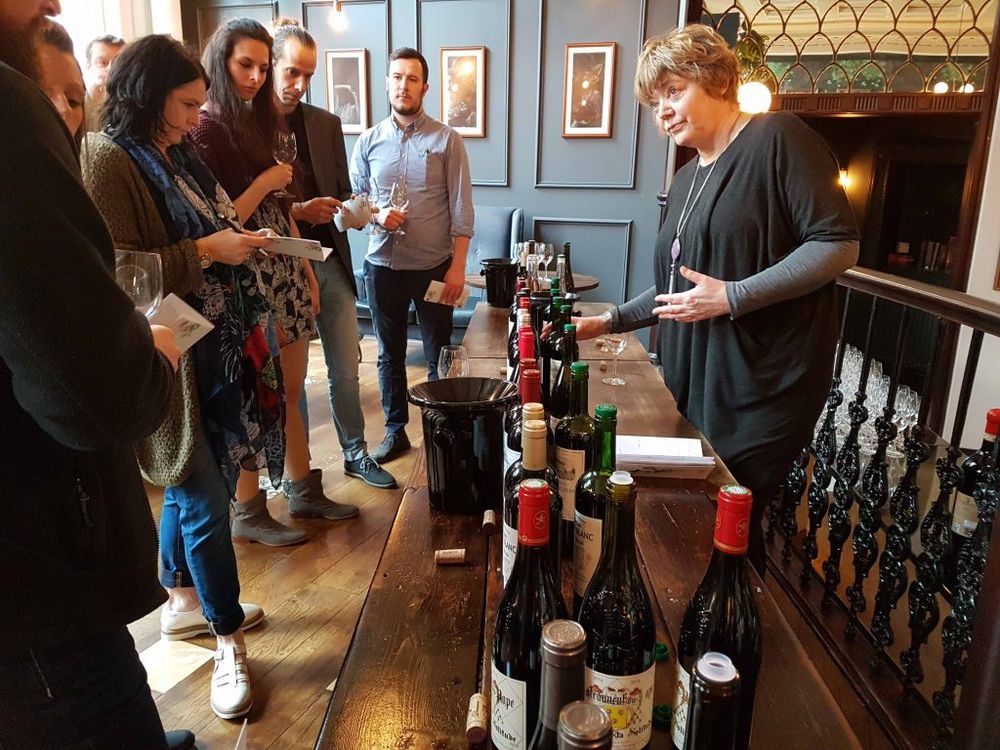
Beverley Tabbron MW, Hallgarten’s head of training, taking a customer through its latest wines
Bewes said he was “genuinely happy” to see its competitors Matthew Clark and Bibendum get over its near fatal problems at Conviviality and live to fight another day. “It would have been cataclysmic for the whole industry for a failure of that size to have happened. There was nobody there to step in. There are lessons for us all from that to keep it as real in our businesses as we can.”
Hallgarten, he said, was in a particularly healthy, and unusual position, of having independent family owners in charge who are committed for the long term and not distracted by weekly and monthly share prices.
Looking at the global picture he said China’s influence on the market was there for all to see. Take Australia and its bulk wine market that has traditionally been so important for the UK. Now so much of it is going to China that it is putting pressure on what volumes are available and at what price.”It is going to make it even harder for us to source good bulk wine from Australia,” he stressed.
He also predicted the growth of the English wine sector will see it emerge as not just a nice to have, but “a normal part of the mix” in the years to come. “That’s if English still wine can compete at £25 to £35 with other European wines.”
